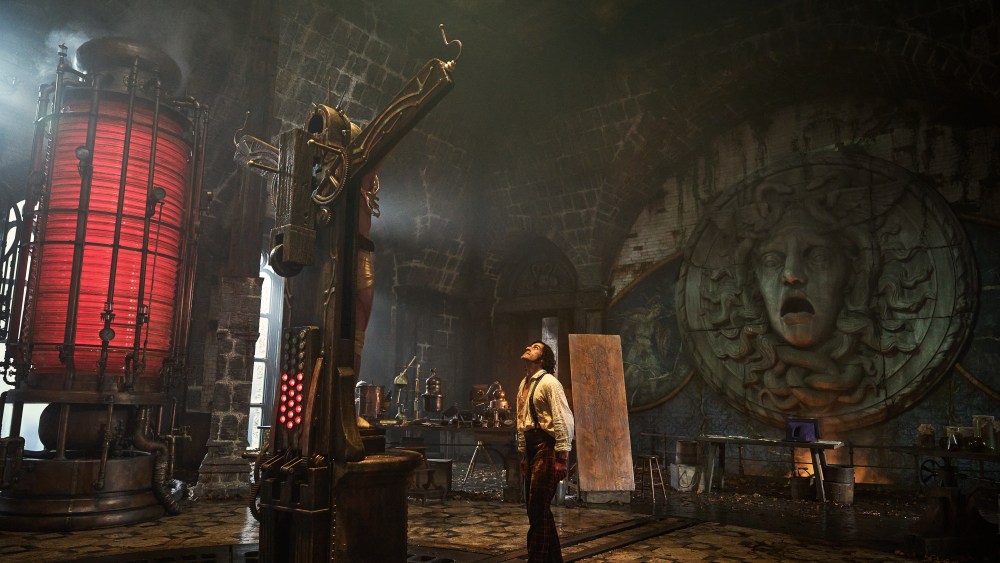The Admiration for Guillermo del Toro
Guillermo del Toro is widely beloved, and that’s an understatement.
A Beloved Figure in Hollywood
The affection Hollywood has for the Oscar-winning filmmaker extends well beyond simple admiration. The Mexican director, who clinched best picture and director awards for “The Shape of Water” in 2017, stands as one of the industry’s most cherished personalities. His involvement in any Oscar competition isn’t solely due to the films he produces; it also stems from the profound trust and loyalty he evokes from fellow filmmakers, artisans, and actors. This goodwill may bolster his latest work, “Frankenstein,” in this year’s Oscar discussions.
Frankenstein’s Premieres
Fresh off its debut at Venice, this gothic horror adaptation of Mary Shelley’s classic had two surprise showings at the Telluride Film Festival on Sunday night. Both screenings at the festival’s largest venues sold out, aptly demonstrating its popularity. The film’s star, Oscar Isaac, introduced each screening, having arrived from Venice the day before and quickly departing again for Italy to premiere his other film, “The Hand of Dante,” directed by Julian Schnabel.
Reception and Critical Response
The film has generated mixed responses, currently sitting at 77% on Rotten Tomatoes—often a common occurrence with del Toro’s projects.
Del Toro’s Impact on the Oscars
This isn’t the first time del Toro’s reputation has propelled a film beyond its initial impressions. In 2021, “Nightmare Alley,” with its dark undertones and modest box office performance, managed to secure a best picture spot, coupled with three additional technical nominations, indicating the Academy’s appreciation for del Toro’s artistry across genres.
Technical and Artistic Recognition
“Frankenstein” might follow a similar path, presenting opportunities in various technical categories. Its gothic setting calls for recognition in production and costume design, as well as cinematography, while the film’s striking sound and makeup work capture attention. Additionally, Alexandre Desplat’s score—often an Oscar favorite—positions the film for significant behind-the-scenes support.
The Challenges Ahead
The performances in “Frankenstein” also add intrigue. Jacob Elordi, unrecognizable as the creature, gracefully embodies the tragic essence of Shelley’s timeless narrative. Christoph Waltz delivers a compelling performance in his limited screen time, while Isaac makes a roiling return after a three-year hiatus, urging Hollywood to cast him more frequently. However, with a hefty 150-minute runtime and its graphic content, the film challenges viewers with material that has met historical reluctance within the Academy concerning horror films. Nonetheless, del Toro’s signature blend of empathy and grandeur has pushed boundaries in the past.
Ultimately, it’s not merely a matter of whether the Academy members like Guillermo del Toro; it’s about their trust and admiration for this vital cinematic voice. In a year where sentiment and legacy weigh heavily alongside box office performance and critiques, “Frankenstein” has potential for a best picture nomination if Netflix executes a compelling campaign amidst its other contenders.
Let’s see if they can also grow fond of the monster.



